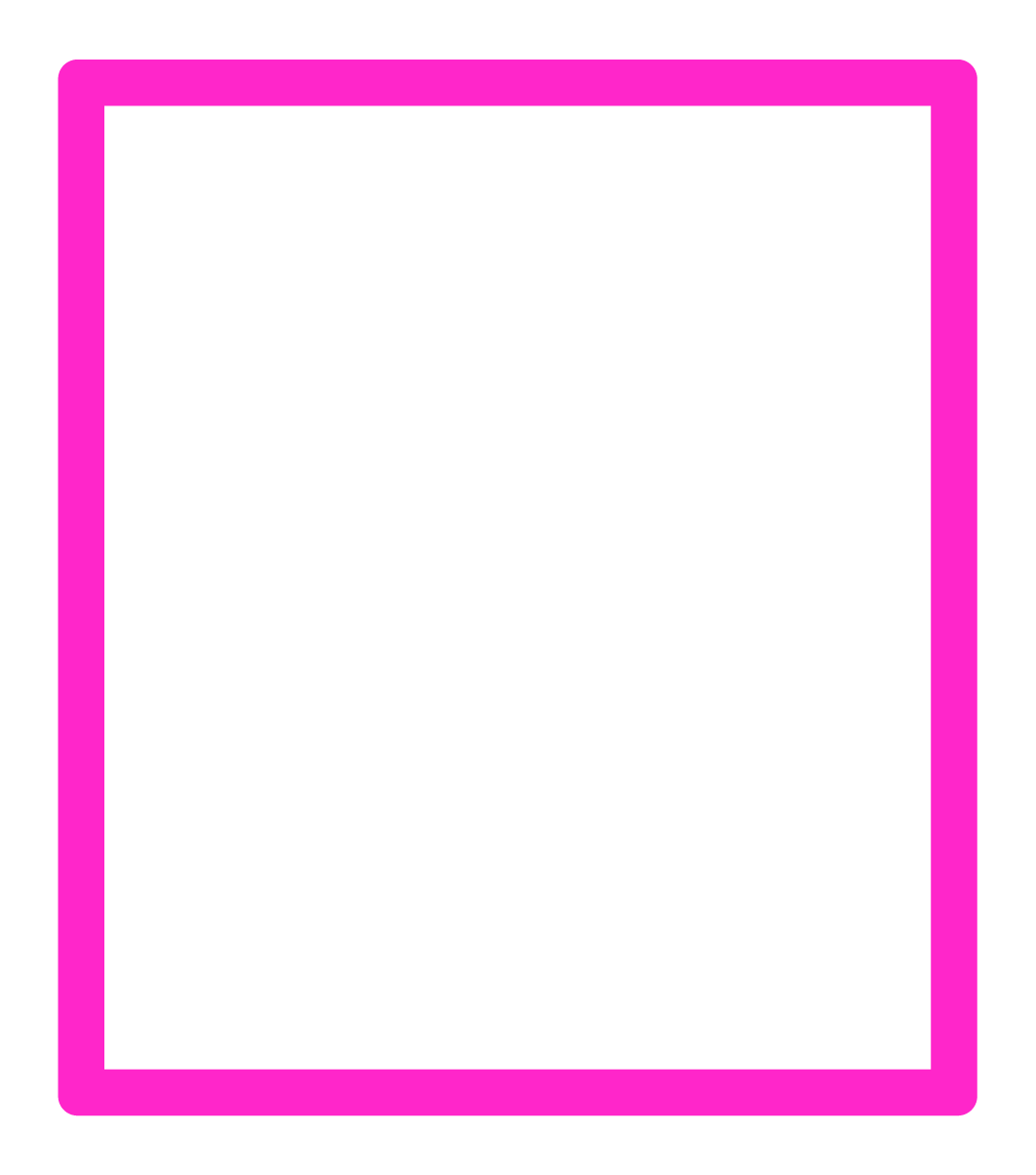The diversity conversation in the workplace is an uncomfortable one. And so it should be.
A couple of weeks ago, I was lucky enough to attend a workshop hosted by The Other Box, a platform aimed at enlightening and empowering people to work and live more inclusively. Led by 2 brilliant women of colour, Leyya and Roshni, the organisation combines their lived experience of everyday exclusion and tokenism with academic knowledge of racism, intersectionality and radical histories of colonialism to challenge the lack of diversity in the workplace and make it more than a box-ticking exercise.
I was keen to attend the ‘Know your bias’ workshop to find out more about the issues at play for people of colour, and people from other underrepresented backgrounds and learn techniques to address them actively. Let’s face it; for many organisations, these are difficult conversations we often shy away from at work. If you follow CLO PR, you’ll know that we’re passionate about lifting women up and inculcating diversity measures for ourselves and for partners and clients. We aim to be part of the conversation. Personally, I have an urge to learn about people and the spaces and feelings I don’t inhabit myself. The workshop was a great taster on understanding our own bias better and to open up a greater understanding of the complexity of the issue in the workplace. It was incredibly useful in teaching us to question first impressions and open up our minds to why we may favour one perspective over another, especially when it comes to interacting with people from diverse backgrounds.
We learnt not to fall into the trap of buying into ‘a single story’. Instead, to make an effort to listen to different perspectives to broaden our outlook. Chimamanda Ngozi Adichie speaks about the danger of a single story in this video, highlighting that everyone is prone to holding on to one story about a person - her included - when in reality their story is always different. We touched on language and to be mindful of the impact on others. Even basic questions and phrases can be inappropriate if you don’t take context and individual experiences into account. If there was someone wearing a long sleeved top on a hot day I would have probably asked them if they were hot, without questioning the reason why they’ve chosen to wear it. They may need to hiding something from the world that is no business of mine to intrude and highlight.
As a group we came up with a long set of actions and here are some that I am going to be taking positive action on immediately:
1. Diversify inner circle and teams:
We did an exercise which highlighted how white, middle-class and identical my personal inner circle of my most trusted people are. It’s time to work hard in broadening the tapestry of my inner circle and teams to reflect society. Through friendships, collaborations and mentor programmes I can try to make a difference.
2. Equity vs. Equality:
Equity involves trying to understand and give people what they need to enjoy full, healthy lives. Equality, in contrast, aims to ensure that everyone gets the same things in order to enjoy full, healthy lives. Like equity, equality aims to promote fairness and justice, but it can only work if everyone starts from the same place and needs the same things. So, one thing I can do immediately is be flexible and adaptable in how I work with my mentees and freelancers I manage, with the understanding they will need support tailored to them as individuals.
3. Be conscious of asking questions:
Make sure questions aren’t loaded with assumptions. I am so very guilty of this. It comes back to remembering that a person doesn’t have a single story. Creating conversation that allows them to open up about themselves than posing direct questions can help.
4. Be a more conscious ally and encourage others in the team:
I learnt when I was mentoring as part of You Make It the importance of being an ally to my mentee, a young woman of colour. I have been supporting her build her contact list and professional advice to help boost her confidence and career direction. But it shouldn’t stop there. In situations where I am with other women of colour, I must ensure their voices are heard by all.
5. Consume new diverse media:
Working in PR, it’s our absolute duty to be ahead of the curve and under the skin of all media in all sectors and industries, and now intersectional. We need to listen other voices, not just our own. Leyya and Roshni helpfully gave us a shortlist of media to consume that are representational but there are loads more: gal-dem, Amaliah, This Ability, Pride in London.
But most of all, it’s about not sitting still. We need to be constantly learning and listening. We were advised to do the Harvard Implicit Association Test, which delves into your thoughts and feelings outside of your conscious awareness and control. I, along with everyone else, need to approach situations with empathy, considering other perspectives, not just mine. It’s important to remember that The Other Box have created a judgement-free safe zone as part of the Know Your Bias experience specifically because real life outside the workshop space is not a judgement-free zone. Without the context and careful laying-down of groundwork that happens in the workshop, we could very well end up alienating those around us, those who haven’t been part of the inclusive, nurturing workshop environment.
Thank you again to Leyya and Rosh for a thoughtful afternoon. I definitely know my bias more. It’s time to take action.


